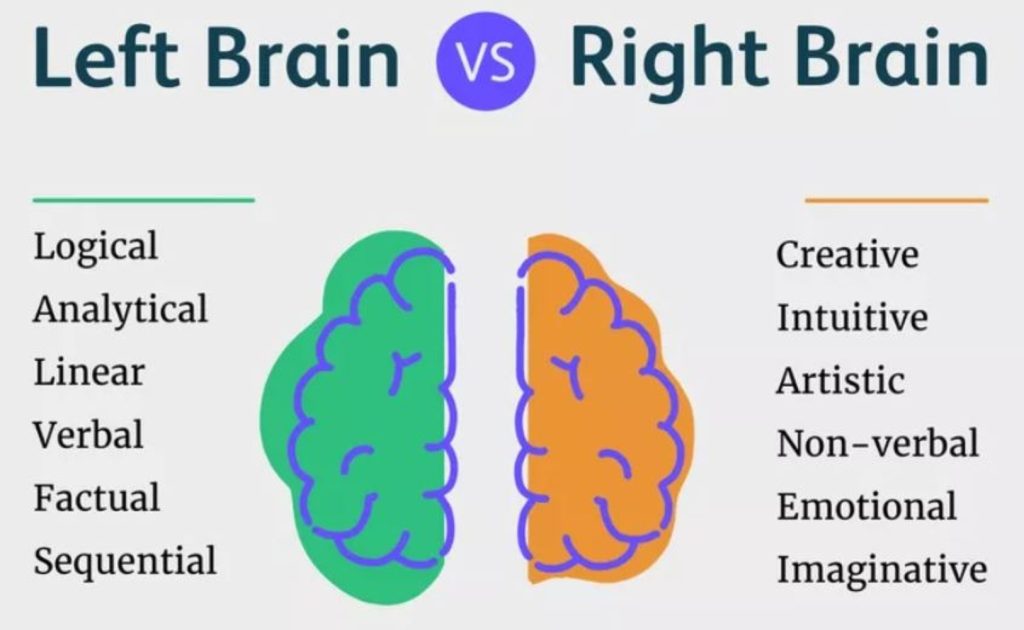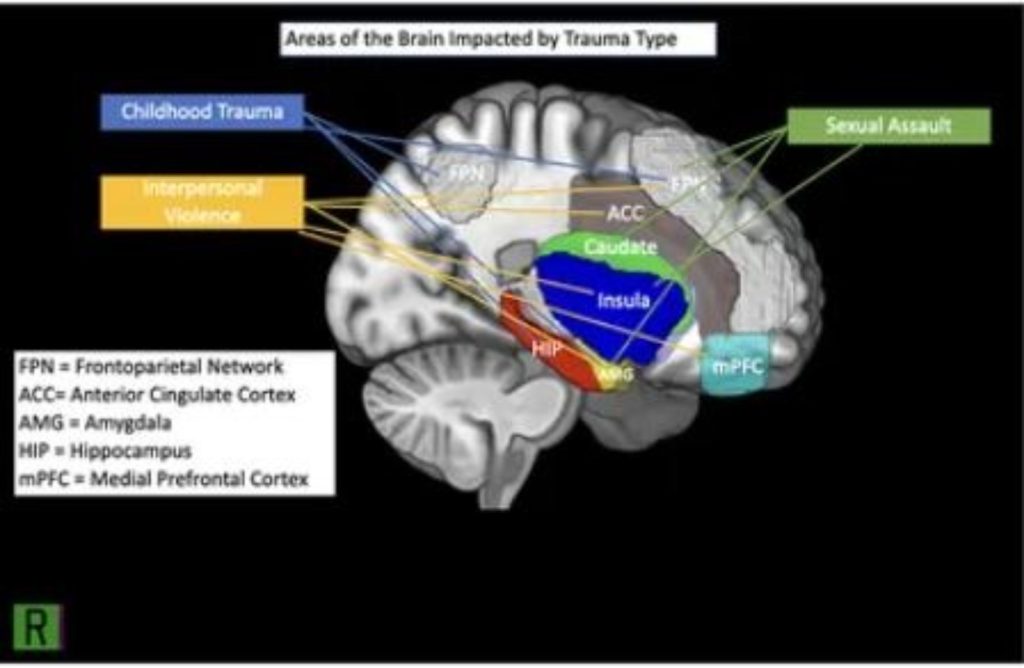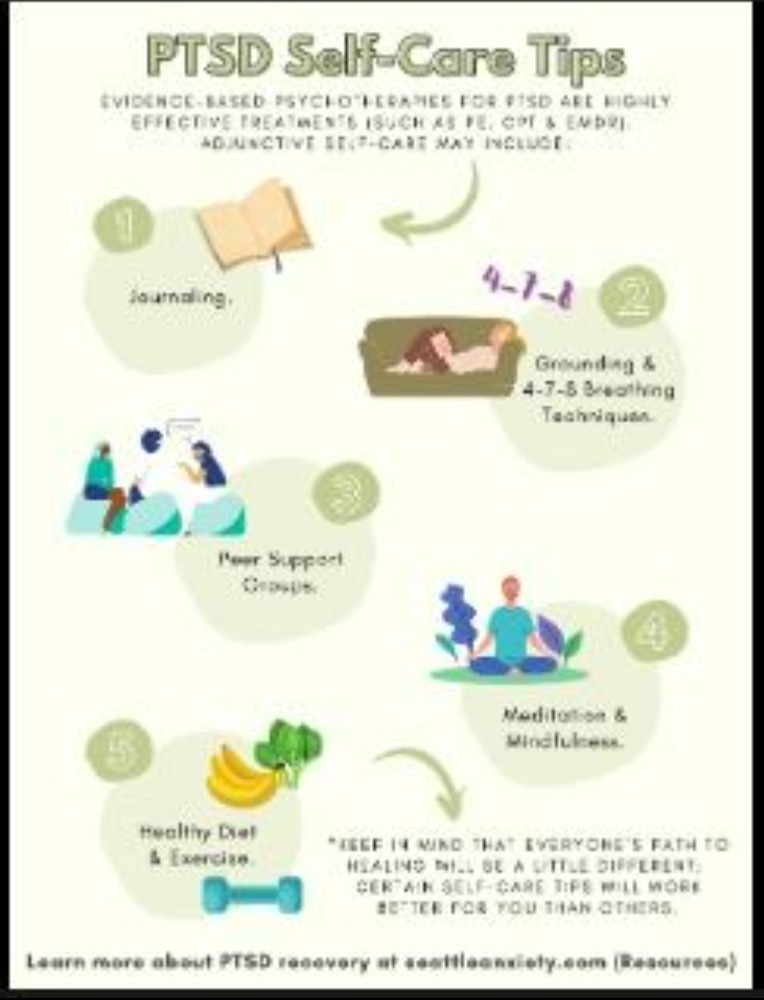The extent to which emotion provides a facilitating effect on memory encoding and retrieval in PTSD is still unclear.

Post-Traumatic Stress Disorder (PTSD) is a complex mental health condition that can develop in individuals who have experienced or witnessed a traumatic event. It affects not only their emotional well-being but also their cognitive functioning. To subscribe please click tau.id/2iy6f and access our live channel.
The interplay between emotion and cognition in the brain is a key aspect of understanding PTSD and its impact on those who suffer from it. At the core of PTSD lies a profound disruption in the brain’s ability to process emotions and thoughts in response to traumatic experiences.
MUST READ: 36 Tattvas and Its Significance on Mahashivratri
What is PTSD?
Posttraumatic stress disorder (PTSD) is a psychiatric syndrome that develops after exposure to terrifying and life-threatening events including warfare, motor-vehicle accidents, and physical and sexual assault. The emotional experience of psychological trauma can have long-term cognitive effects.
Symptoms of PTSD
The hallmark symptoms of PTSD involve alterations to cognitive processes such as memory, attention, planning, and problem solving, underscoring the detrimental impact that negative emotionality has on cognitive functioning. The emotional aspect of PTSD involves heightened levels of fear, anxiety, and distress triggered by reminders of the trauma.
These emotional responses are often intense and can be overwhelming, leading to symptoms such as hypervigilance, flashbacks, and nightmares.

Cognition and Emotional Interplay
An important challenge for PTSD researchers and treatment providers is to understand the dynamic interplay between emotion and cognition. Contemporary cognitive models of PTSD theorize that a preponderance of information processing resources are allocated toward threat detection and interpretation of innocuous stimuli as threatening, narrowing one’s attentional focus at the expense of other cognitive operations.
Physiological Aspect of Interplay
Neuroimaging studies have provided valuable insights into the brain mechanisms underlying PTSD. One key finding is the involvement of the amygdala, a brain region responsible for processing emotions, particularly fear. the amygdala tends to be hyperactive, leading to exaggerated fear responses and emotional arousal. This heightened activity in the amygdala can also disrupt the functioning of other brain regions involved in cognitive processing, such as the prefrontal cortex.
The prefrontal cortex plays a crucial role in regulating emotions and cognitive functions such as decision-making and problem-solving. In individuals with PTSD, the prefrontal cortex may show decreased activity, impairing its ability to control emotional responses and effectively process information related to the traumatic event. This imbalance n the brain contributes to the persistent symptoms and the difficulty in overcoming traumatic memories.
Conscience of Interplay
Another important aspect of the emotion-cognition interplay in PTSD is the role of memory processes. Traumatic memories are often vivid and intrusive, reactivating the emotional and physiological responses associated with the original trauma. This phenomenon, known as reexperiencing or flashback, is a hallmark symptom of PTSD.

The hippocampus, a brain region involved in memory formation and retrieval, may show alterations in individuals with PTSD, leading to difficulties in contextualizing and integrating traumatic memories into their personal narrative.
Psychological Factors
The interplay between emotion and cognition in PTSD extends beyond the brain’s neural circuitry to include psychological factors such as coping strategies and resilience. Individuals with PTSD may employ various coping mechanisms to manage their emotional distress, ranging from avoidance behaviors to substance use. While these coping strategies may provide temporary relief, they can also hinder the individual’s ability to process and confront their traumatic experiences, perpetuating the cycle of PTSD symptoms.
Cure for PTSD
Understanding the intricate interplay between emotion and cognition in the brain is essential for developing effective treatments for Post Traumatic Stress Disorder. Targeted interventions that address both the emotional and cognitive aspects, such as cognitive-behavioral therapy and exposure therapy, have shown promise in helping individuals regain control over their lives.

By restoring balance to the disrupted neural circuits and promoting adaptive coping strategies, these interventions empower individuals to overcome the debilitating effects of PTSD and reclaim their mental well-being.
Conclusion
Neuroscientific research has shed light on the underlying brain mechanisms of PTSD, highlighting the dysregulation of key brain regions involved in emotion processing and cognitive control. By addressing both the emotional and cognitive aspects of PTSD, tailored interventions offer hope for recovery and healing for those affected by this debilitating condition.




